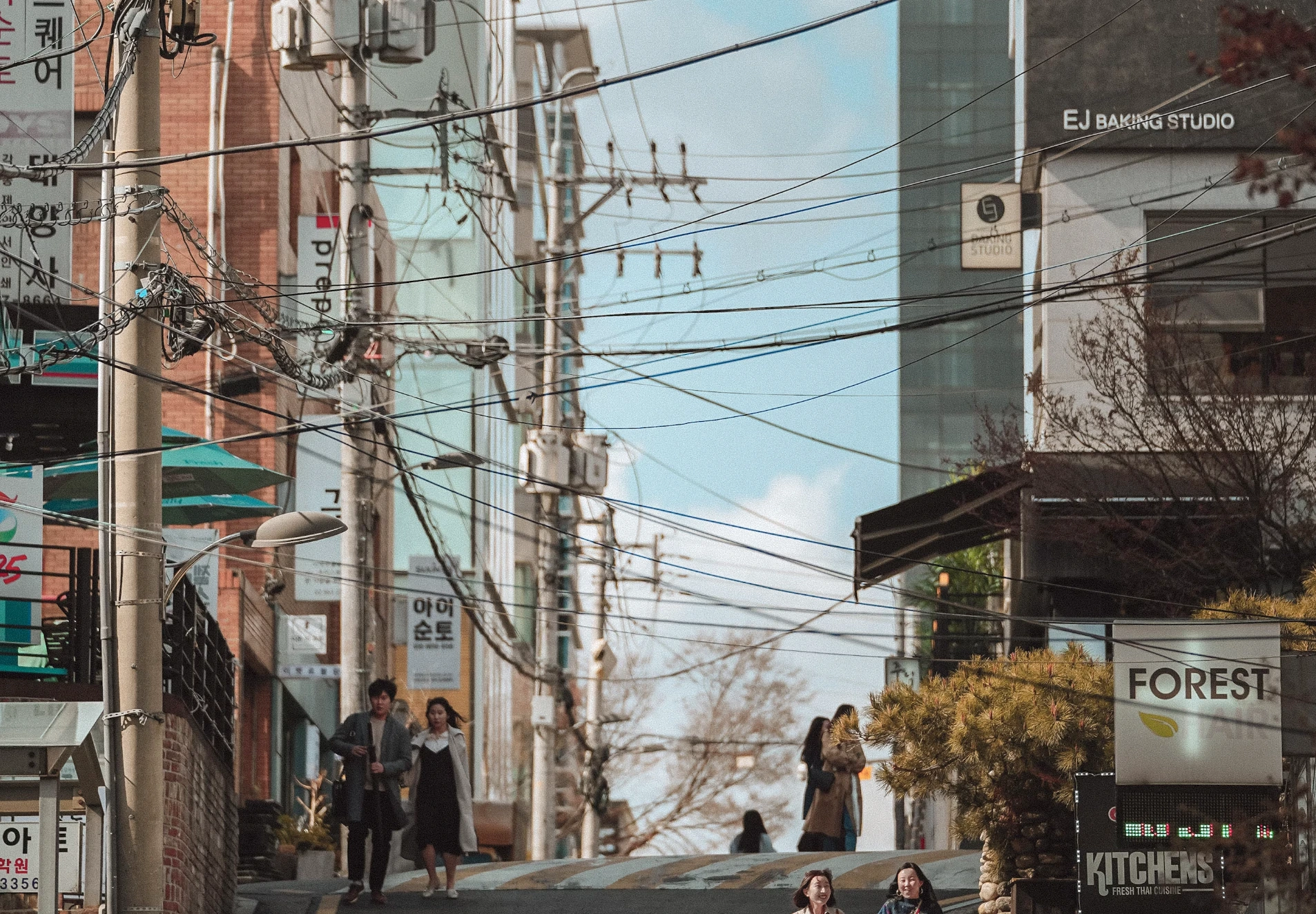
Image by Ori Song, from Unsplash
South Korea Passes AI Basic Act
On December 27, the South Korean government announced its leadership role in the “Trust in AI” session at the upcoming Paris AI Action Summit, scheduled for February 10, 2025, as reported by Business Korea (BK).
In a Rush? Here are the Quick Facts!
- The AI Basic Act mandates watermarks on AI-generated content to tackle fake news and deepfakes.
- South Korea advanced the act’s subordinate legislation deadline to June 2025 for faster enforcement.
- Experts stress the need for private investment and reforms to support AI innovation in South Korea.
The event follows the AI Seoul Summit held earlier this year, reinforcing South Korea’s growing influence in shaping global AI regulations.
BK notes that the announcement came just one day after the passage of the AI Basic Act in South Korea’s National Assembly, marking a milestone in the nation’s efforts to regulate artificial intelligence technologies.
The act seeks to boost the reliability of AI through measures like mandatory watermarks on AI-generated content to address challenges such as fake news, deepfakes, and copyright infringement, says BK.
The Ministry of Science and ICT has been tasked with enforcing compliance, including conducting investigations and issuing corrective actions for violations. In a display of urgency, the government has advanced the timeline for implementing subordinate legislation from December 2025 to June 2025, reports BK.
Kim Myung-joo, director of the AI Safety Research Institute, highlighted the necessity of domestic regulatory frameworks. “It is more efficient to solve problems domestically first with the AI Basic Act and preemptive regulations before going overseas,” Kim noted, as reported by BK.
The Paris AI Action Summit, expected to be a cornerstone event in global AI governance, will explore a code of conduct aligned with the European Union’s AI Act, which classifies AI systems based on risk levels.
CCN notes that both frameworks adopt a risk-based approach to AI regulation, categorizing AI systems according to their potential impact on human rights and safety, with more stringent rules applied to high-risk or high-impact applications.
They also prioritize transparency, ethical standards, and the creation of oversight bodies to promote responsible AI development, as reports by CCN.
BK reports that an official from an AI company emphasized the importance of guidelines, stating, “Technology cannot develop alone without guidelines,” as reported by BK.
BK notes that despite these advancements, experts warn that regulation alone is insufficient to drive innovation. Lee Kyung-jun, an AI expert, pointed out that fostering private investment and supporting startups is essential for the sector’s growth.
He called for broader institutional reforms, such as revisions to workweek policies and enhanced tax incentives. “The key to fostering the AI industry is attracting private investment and promoting deep-tech startups like OpenAI,” he said, as reported by BK.
South Korea is also addressing AI’s infrastructural needs through the proposed Special Act on Expanding the National Power Grid, aimed at meeting rising energy demands.
The AI Safety Research Institute is collaborating with the European Union to establish mutual certification systems, facilitating the international launch of Korean AI services, says BK.


 Previous Story
Previous Story

 Latest articles
Latest articles 

Leave a Comment
Cancel